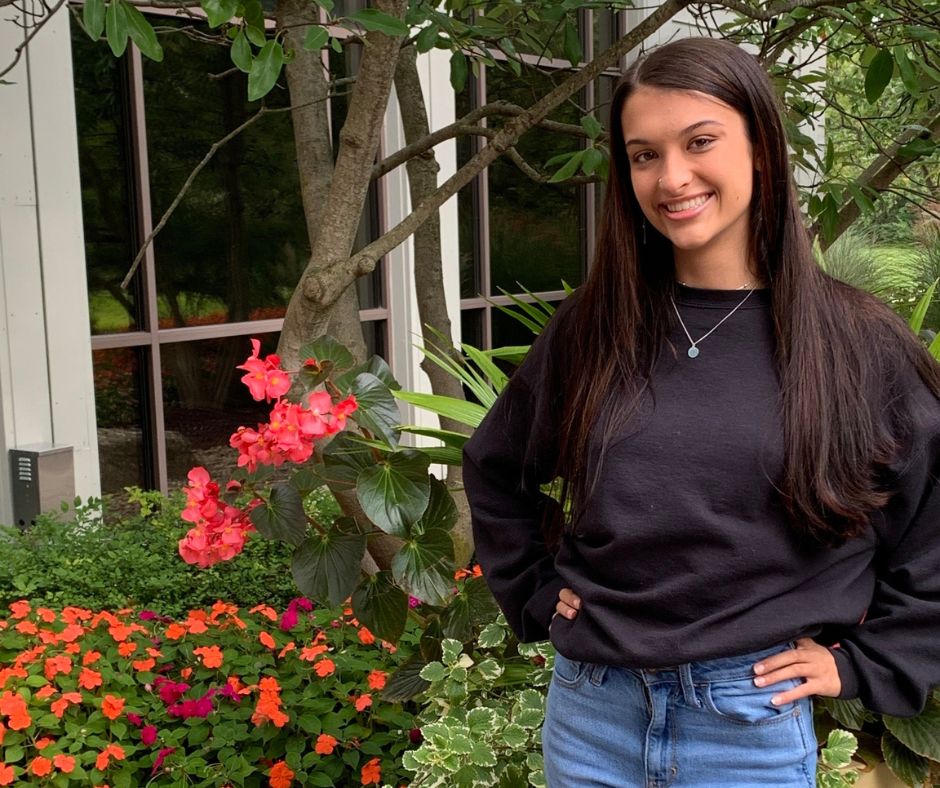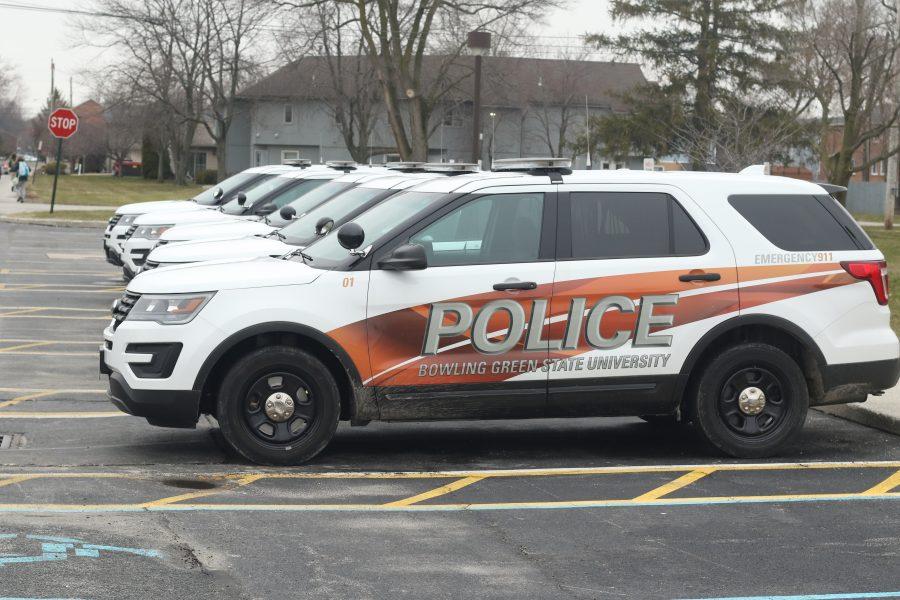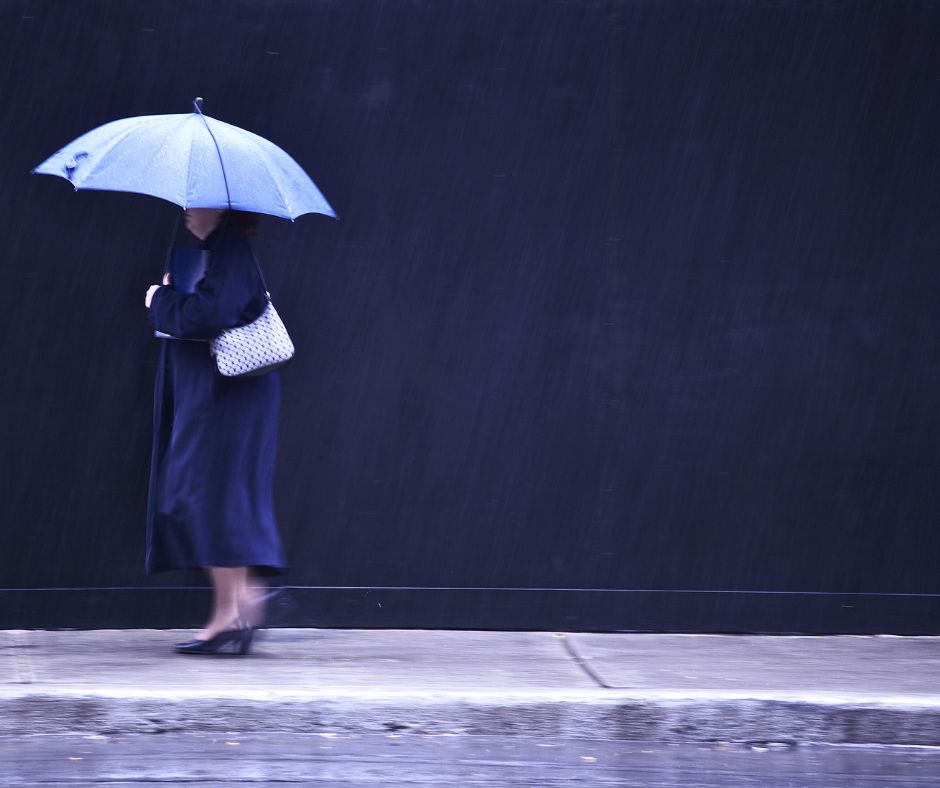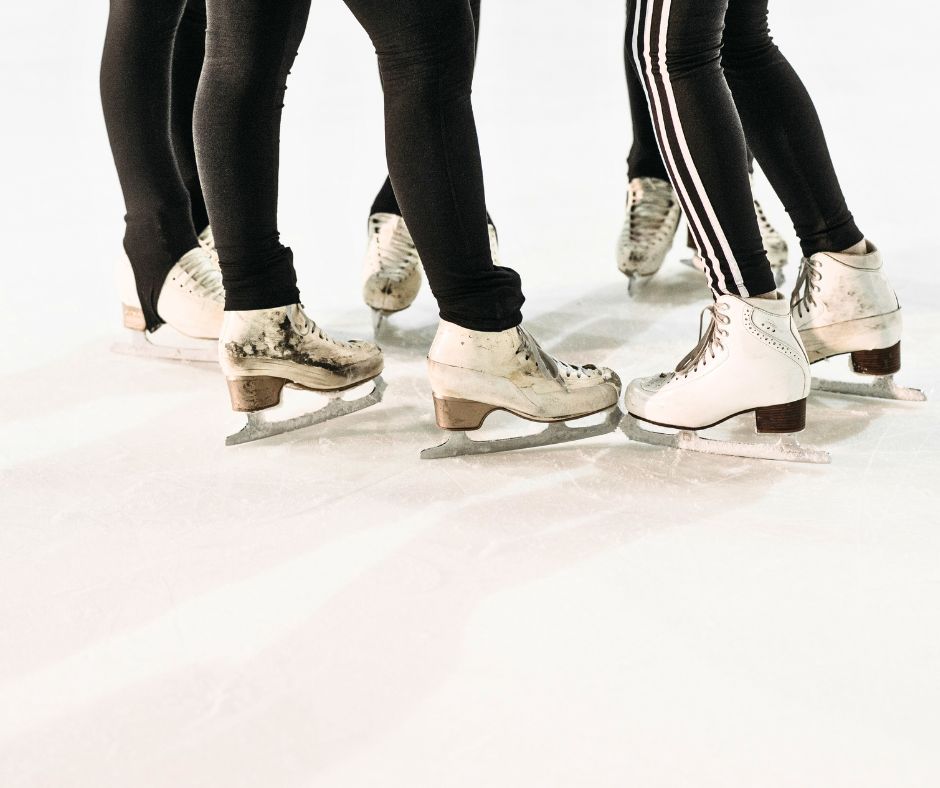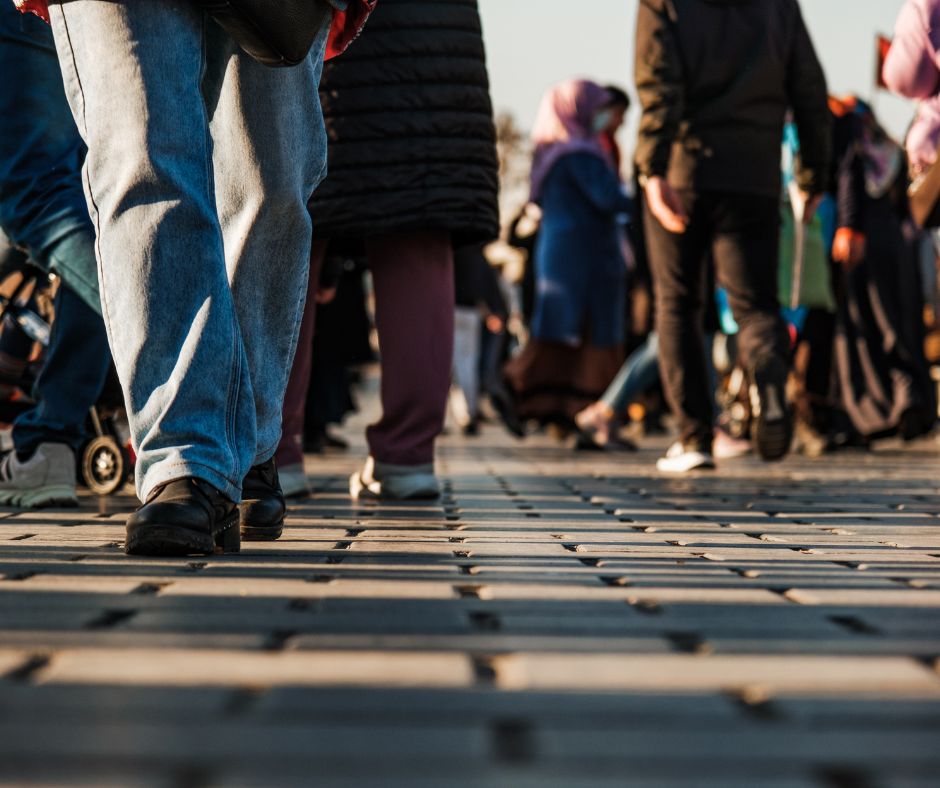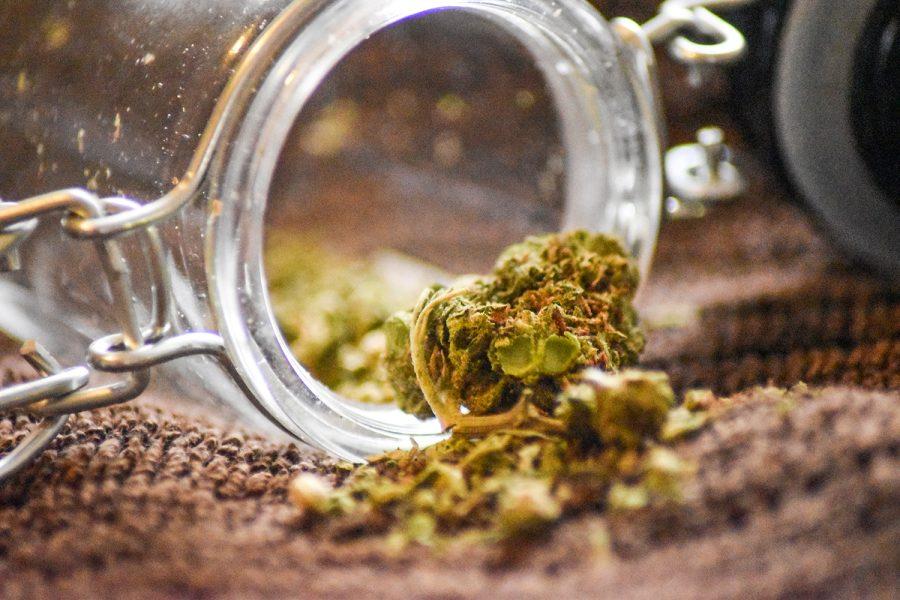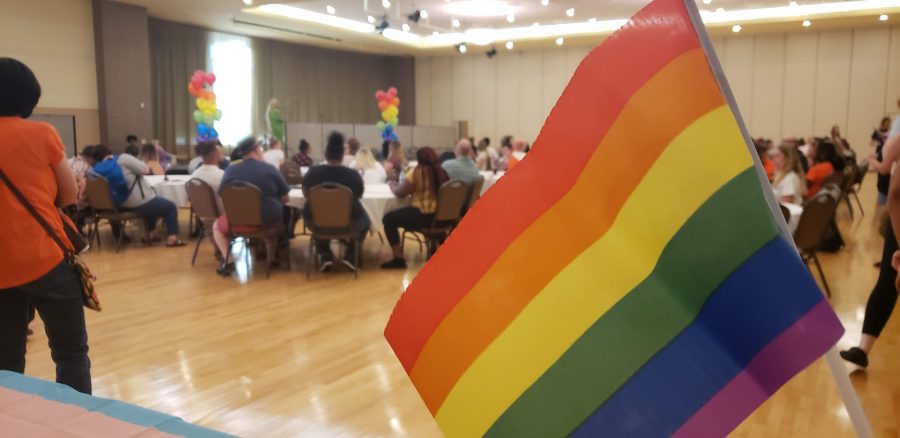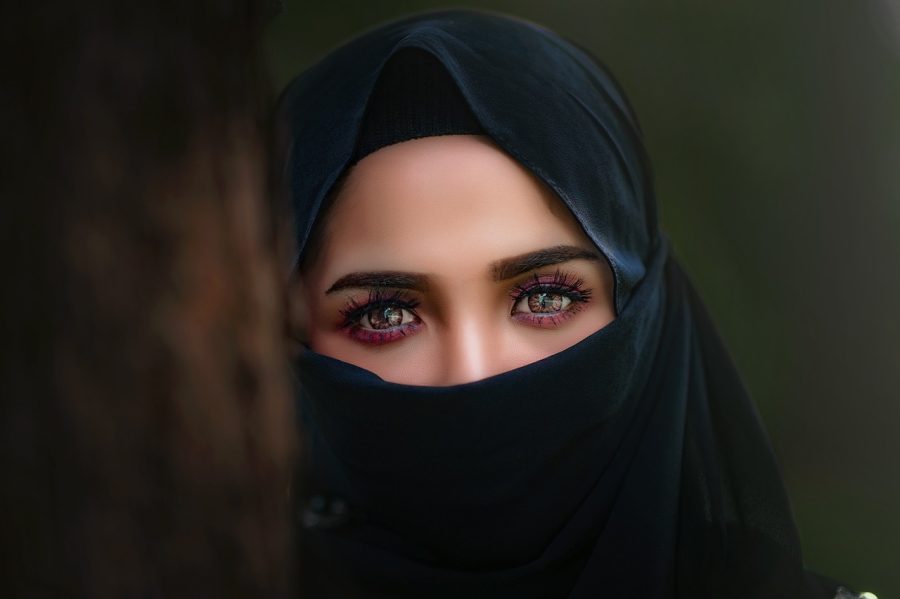Rape culture in modern America has produced a history of fostering denial and victim-blaming in the aftermath of sexual assault. However, as more survivors have come forward in the past year and are encouraged to continue bringing their stories out of the dark, this toxic trend might be near its end.
What does rape culture look like in America?
One manifestation of rape culture is how popular culture produces media tactics with an emphasis on the idea that sex sells, blurring the line between a song that is marketable and a song that exemplifies rape culture.
There is no better example than “Blurred Lines” by Robin Thicke, T.I. and
Pharrell Williams.
This catchy 2013-hit raised eyebrows when it was released due to a number of suggestive lyrics. Among lines that can be described as non-consensual, Thicke sings “I know you want it” 12 times before the song ends.
This assumption is accompanied by others like it;“The way you grab me/ Must wanna get nasty” and “No more pretending” are just a few lines that make one think that the narrator of the song has a misunderstanding of consent.
One might simply turn off the radio to avoid the lack of consensual material in many pop anthems; however, changing the station does not necessarily limit someone’s exposure to rape culture— even during the upcoming holiday season.
One of the most well-known Christmas carols, “Baby It’s Cold Outside,” as famously performed by Dean Martin featuring Marilyn Maxwell, has a highly suggestive message. The call-and-response format of this duet is specifically named by the songwriter, Frank Loesser: the call part is Wolf, and the response part is Mouse. The already predatory nature of a song being sung between the Wolf, Dean Martin, and the Mouse, Marilyn Maxwell, is reinforced by lyrics that blatantly defy the concept
of consent.
Throughout the song, the Mouse expresses her desire to leave at least 11 times, but the Wolf brings up every excuse he can to make her stay. This is more than a woman playing hard to get; she outright tells him that “the answer is no.”
If a classic holiday song that millions of people from the age of one to ninety-two would recognize is showing such blatant disregard for a simple “no,” what could this say about the culture that sexual assault survivors are living in?
Has it become our culture to blame the survivors of sexual assault for the crimes committed against them?
The media coverage of an incident in Steubenville, Ohio shows not only
victim blaming from members of that community but also denial from the media outlets themselves.
The news coverage of the Steubenville case through ABC News was published on their website with the headline “2 Football Stars Allegedly Rape Drunk Girl.” Throughout the filmed report and written article, ABC repeatedly refers to the accused attackers as promising and talented football players while consistently reminding their readers that the victim was intoxicated, as if that justifies the attack. The news outlet uses the beginning fourth of their article to focus on the importance of football to the citizens of Steubenville and to paint Trent Mays and Ma’lik Richmond, the supposed rapists, as gods in a town where football is a “religion.” This poor portrayal of an attack on a young girl takes an angle that is almost as much of a paragon of rape culture as the reactions of the people living in the football town.
Steubenville was in uproar as a pair of their most prized players were taken from the team. Social networking sites in the aftermath were flooded with comments that either accused the victim of lying or blamed her for being drunk at a party. Tweets, updates and posts of all kinds publicly humiliated the victim while defending those that allegedly assaulted her.
This rape culture was never more obvious than when two Ohio girls had to be arrested for aggravated menacing via Twitter and Facebook after threatening the life of the victim. As social media makes the spread of information more fluid, it also allows for the dissemination of threatening messages and humiliating images. This social development of a rape culture contributes even further to the already large numbers of unsolved rape cases and uncharged sex offenders.
In a culture where rape is not given the same level of seriousness as even theft, it has become common for survivors of an assault to find it “easier to deny yourself your rape,” author Jon Krakauer said in a CNN panel on the Steubenville case.
There is mental damage done to someone who is ignored or blamed in addition to his or her actual attack and this type of situation is a fairly common problem in America, Krakauer said.
Contributing to this problem are lack of both empathy on the part of the community, as exemplified by cases such as Steubenville, and commitment on the part of the justice system to catch the perpetrators. This claim is supported by the fact that “data on the prevalence of rape and the likelihood of a successful conviction suggest that less than ten percent of all sexual assault assailants will be convicted for their crime,” said Francis Shen in a Columbia Journal of Gender and Law article.
Rape law reform is necessary to take steps away from a rape culture and towards confidence in law enforcement’s ability to convict sex offenders. However, the social support given to survivors of any form of sexual assault also plays a key role in combating the rape culture that has taken hold in America.
Are the collective voices of sexual assault survivors reversing rape culture?
Inspired by a tweeted request from actress Alyssa Milano in October, over 100,000 people used the hashtag “Me Too” to tell their personal encounters with sexual assault on Twitter— all in the first 24 hours of what would soon become a sharing phenomenon. Within days, every platform was flooded with emotional accounts of someone’s survival and simple affirmations of #MeToo, showing that the voices of sexual assault survivors will not be ignored.
Beyond the scope of social media, voices were rising against situations that were once kept hidden as part of a rape culture that discounted the stories of victims and made excuses for the supposed perpetrators. In a storm of accusations, 34 names to date— from producer Harvey Weinstein to head of Pixar and Walt Disney Animation John Lasseter— have been brought to the public eye. With every accusation, more survivors step up to share their stories, creating a culture of belief and support rather than denial and blame for the victims in what is being dubbed
the Weinstein Effect.
A more appropriate name for this empowering movement against sexism, sexual harassment and assault would be the Women Effect.
From the Women’s March at the beginning of this year to the most recent accusations of these powerful men, this movement has built up to what can be called a metaphorical tsunami. At this point in time, the climate is right for such a mass sharing of stories and support for those speaking out against something that has nearly become acceptable in our culture.
The social media platforms of 2017 allow for the amplification of previously silenced voices in a way that the “I believe Anita” buttons could not quite reach in the 1990s. The sharp feminist response to the election of Donald Trump allows for a community that tweets and speaks out in support of previously blamed victims in a way that is louder than the support of the Bill Cosby accusers was in 2014.
As more stories are shared and more names are added to the list of alleged assaulters, the stronger the movement grows and the less these survivors are willing to take in the aftermath of the crimes committed against them. This new climate of support and solidarity could be part of a trend towards the reversal of a deep-rooted rape culture and an increase in accountability for sex offenders in the next few years if they turn out to be anything like 2017.















